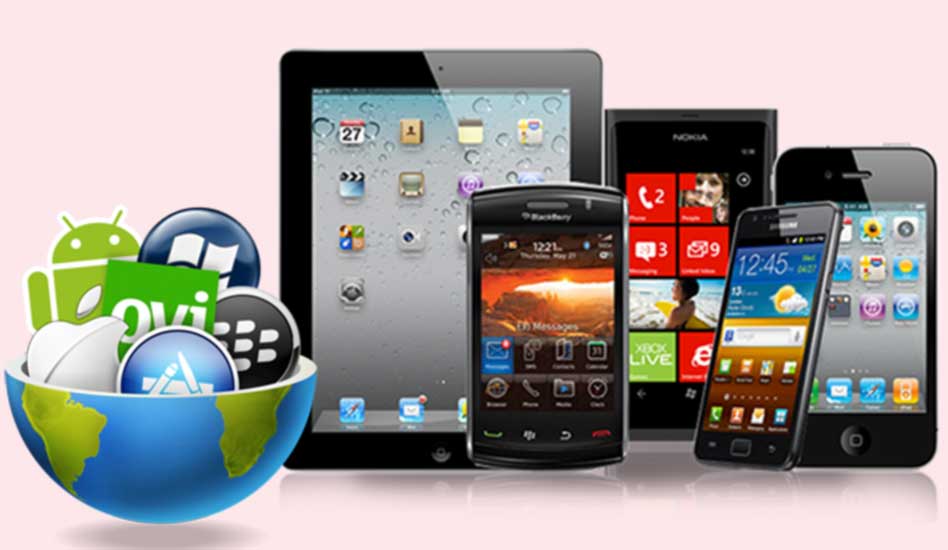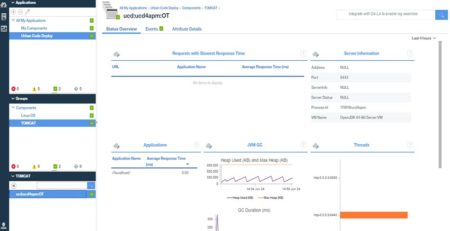Mobile application development
A mobile application is a computer program designed to run on a mobile device such as a phone/tablet or watch. They turn mobile devices into mini powerhouses of function and fun. Some devices come preloaded with some mobile apps good manners of their manufacturers or the mobile service providers with which they’re associated (for example, Verizon, AT&T, T-Mobile, etc.), but many more apps area on the market through device-specific app stores.
Mobile app development is a term used to denote the act or process by which a mobile app is developed for mobile devices, such as personal digital assistants, enterprise digital assistants or mobile phones.
Mobile App Functions:
The purposes of those apps functions run the vary, from utility, productivity, and navigation to diversion, sports, fitness, and regarding any others possible.
Social media is one of the most popular fields of mobile app development and adoption. In fact, Face book was the most widely used app in 2017 across all platforms.
Many on-line entities have each mobile websites and mobile apps. In general, the difference lies in purpose: An app is usually smaller in scope than a mobile website, offers more interactivity, and presents more exact information in a format that’s easy and perceptive to use on a mobile device.
Why Mobile Apps Are Different From “Regular” Apps?
Many mobile apps have corresponding programs meant to run on desktop computers. Mobile apps have to work with different constraints than their desktop equivalents, however.
Mobile devices have a unique vary of screen sizes, memory capacities, processor capabilities, graphical interfaces, buttons, and touching functions and developers should contain them all.
Mobile application industry introducing tens and thousands of applications every year, there is too much pressure on launching applications in the shortest time period without an error.
Mobile apps are in great demand because of their great use in business environment. Business individuals are using these applications to facilitate seamless and the optional functioning of business and promotion of products and services.
+
The pros of developing an App:
- A high percentage of the population use smart phone technology and their apps.
- Apps keep your brand prominent in the market place, ahead of the competition.
- Apps help increase customer retention and loyalty, as they are always at hand, first port of call.
- Users tend to spend longer on Apps than on portfolio websites.
- Apps generally load faster than mobile sites.
- Mobile apps are available offline apart from transactions where users will need to log-in.
- Their specific use can be targeted to different users – dealers/customers /end-users/ staff.
- Most Apps are easy to use: training your mobile workforce to use them will take very little time and effort.
- Apps may besimply downloaded by your B2B sales leads from app stores like iTunes, Google play, and Face book’s app store.
- Once business clients use your App (especially if it is web-based), you can stay connected with your clients.
- When you compare priceof printing and mailing brochures, catalogue Apps or those specifically supposed to demonstrate products/services, create lots of sense..
The cons of developing an App:
- A mobile App has to to be shaped to suit every platform, Android, Windows, iPhone, etc which might be expensive and timely.
- Mobile Apps wanton-going care every as regard to content and technological updates. They are not as simple to optimize as a mobile website.
- Apps can be expensive – the more functionality they have, the more they cost, and can be hard to update.
- A mobile app that’s simply a smaller version of your web site won’t swingyour all into enough for you and can even damage the perception of your complete.
Finding and Installing Mobile Apps
As of 2017, the three major players in the mobile apps space are:
- Google Play: for Android devices
- Apple’s App Store: for iPad and iPhone
- Amazon App Store: for Amazon Fire devices
Many websites also offer corresponding apps and provide download links.
Installation is quick and easy: simply navigate to the suitable store, see the app you would like, and transfer it. Your device can install it automatically once the download completes.









Leave a Reply